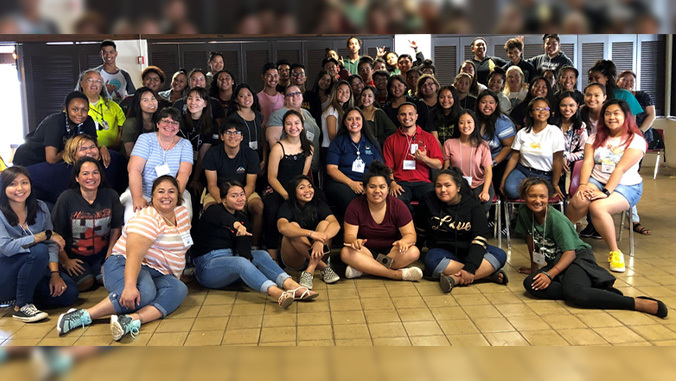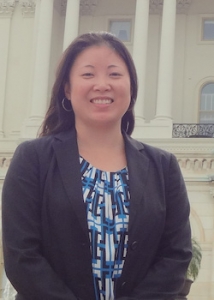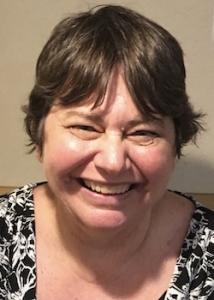
Rural, Native Hawaiian and Pacific Islander youth and communities have greater needs with respect to suicide prevention and mental health support. Now, with a new $3.5-million grant, University of Hawaiʻi at Mānoa researchers in public health and psychiatry will aim to reach at least 60,000 of these young people in Hawaiʻi with suicide prevention efforts.
Researchers Jeanelle Sugimoto-Matsuda of the Office of Public Health Studies in the Thompson School of Social Work & Public Health and Deborah Goebert of the John A. Burns School of Medicine, along with their colleagues, were awarded the federal grant from the Substance Abuse and Mental Health Services Administration. The grant will fund the Hawaiʻi‘s Caring Systems Initiative for Youth Suicide Prevention.
“Our approach is to offer hope, help and healing to youth in Hawaiʻi‘s rural and underserved areas,” Sugimoto-Matsuda said. “This grant will fund our efforts to reach youth in their schools, communities and health care facilities, and to also improve the effectiveness of these systems.”
This effort is an example of UH Mānoa’s goal of Excellence in Research: Advancing the Research and Creative Work Enterprise (PDF), one of four goals identified in the 2015–25 Strategic Plan (PDF), updated in December 2020.
Fostering collaboration across systems


The initiative uses a strengths-based approach, meaning it will work to enhance existing programs and tap into the resiliency and relationships in Hawaiʻi families and communities. The researchers selected four best practice programs that will be involved:
- The Connect Suicide Prevention and Postvention Curriculum
- Sources of Strength
- The American Foundation for Suicide Prevention’s Suicide Bereavement Support Group Facilitator Training
- Zero Suicide (including Continuity of Care)
Sugimoto-Matsuda and Goebert’s initiative will foster collaboration across these various systems and communities, and integrate their work so that more youth can be reached. The initiative will impact teens, young adults, parents and families, healthcare and education providers, community members and professionals who work with youth.
“We want to work across all of the systems that serve the youth in our state—education, health care, and other social services systems—in partnership with our communities,” Goebert said.
Despite the adversity faced by today’s youth, most do not develop suicidality or self-harm behaviors, she noted. The team’s long-term partnerships with community organizations, including the Prevent Suicide Hawaiʻi Taskforce, will help them to strengthen the capacity of the systems and improve prevention of youth suicide deaths and attempts.
“When we strengthen the systems that serve our youth to better prevent suicide and build resiliency, we strengthen all of Hawaiʻi,” Sugimoto-Matsuda said.
Help is available
If you are having thoughts of suicide, or you are worried about a friend or loved one, call the National Suicide Prevention Lifeline at 1-800-273-8255 (TALK), or text “ALOHA” to the national Crisis Text Line at 741-741. Additional resources are available online.

